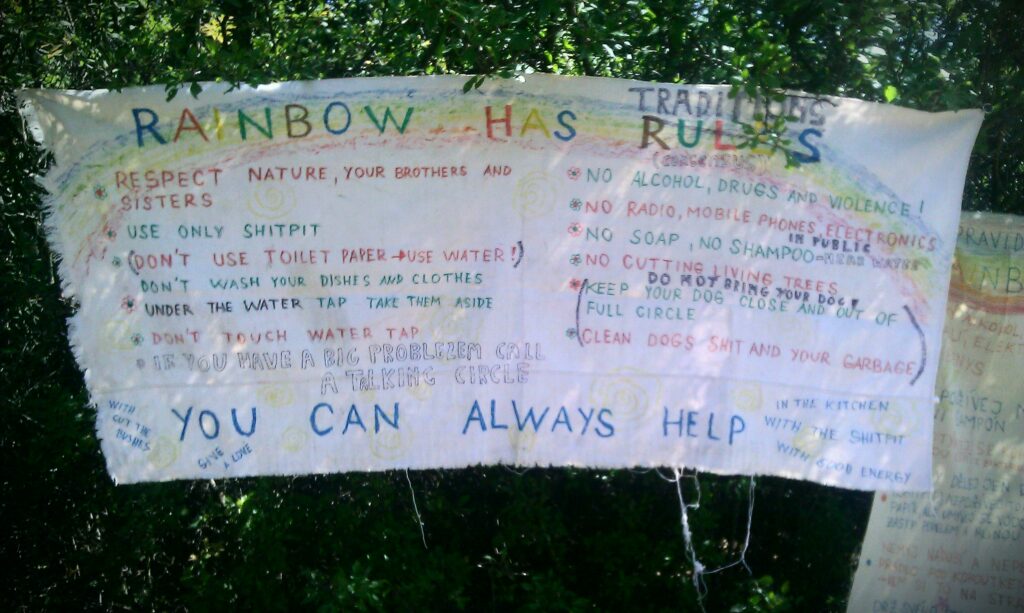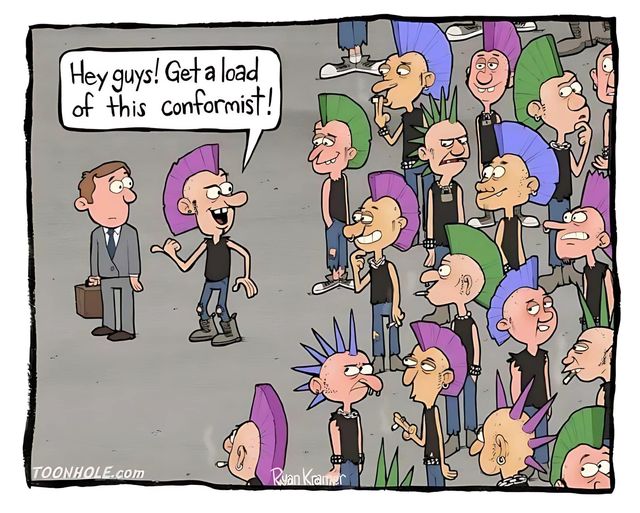We need to keep highlighting an old but still urgent tension: the intersection of technology and social change. In this too often unspoken divide, one side leans heavily on practical, technical problem-solving. They want working code, functioning systems, and tangible results, not abstract debates. To them, critiques about capitalism shaping code sound like distractions from the “real work.” The other side insists that technical problems are social problems. They argue that all code is written by people, shaped by culture, power, and history. Ignoring the social dynamics behind technology guarantees we repeat the same failures.
This divide plays out constantly in movements trying to bridge the worlds of #AltTech and social transformation. You see it in tensions between the tech-focused “geek” communities and broader #mainstreaming society. And both sides have blind spots.
The geek camp often falls into the #geekproblem: over-prioritizing tech innovation while ignoring the human and social context. Meanwhile, the #mainstreaming crowd tends to embrace vague social ideals while underestimating the soft power – and necessity – of building real technical infrastructure to support those ideals. Neither side alone can solve anything meaningful, especially not something as vast as rebooting the #openweb or to even start to touch on #climatechaos.
We need bridges, that’s what projects like the #OMN (Open Media Network), #OGB, #IndymediaBack, and #MakingHistory are about: building trust-based, grounded, people-powered platforms that can span the divide between tech and society.
But let’s be honest, there’s a lot of very bad behaviour on all sides of the #openweb reboot. Blocking progress, gatekeeping, aggression, virtue signalling… it’s all too common. Let’s try not to become prats, it’s easy to start, and hard to stop. Mess breeds more mess, prat-ish behaviour comes in waves. It aligns with waves of #mainstreaming and the reactive “alt” backlash, these tides bring a lot of flotsam, it’s up to us to shovel and compost what we can.
Our biggest block right now? The culture war postmodernist fog that has drifted through radical spaces over the past decades. It’s slippery, full of “common sense” that doesn’t hold up, but is hard to challenge because it feels “right”. Composting this will be difficult, but necessary.
The #Fediverse is built on people-to-people relationships. Trust, not just tech, is the foundation. That’s why there’s a healthy pushback against “tech fixes” that try to replace social trust, a path that is much more common in places like #Nostr and #Bluesky, where algorithms and cryptography are too often seen as the solution to everything.
Yes, in reality, we need a balance of both. The debate is fluffy in places, spiky in others. But if we build tech-bridges to span this messy social terrain, we might actually get somewhere. This brings us to the hard green question: how do you scale local, eco-conscious solutions to a disinterested – and sometimes hostile – global population? Green progressives often promote small-scale, ethical living. That’s great for the 1% who can afford to live that way. But what about the other 99%?
Let’s be blunt: some people will die from #climatechaos. Maybe 9%, maybe more. But 90% will still be here, and they will need different kinds of solutions. Right now, the options on the table look like this: A rebooted, green-infused social democracy (the old Corbyn project was an example). A slide into eco-fascism and top-down “solutions” (the Trump path). Or doing nothing, and let #climatechaos run wild (the current #mainstreaming).
One thing is likely, a wartime economy is coming within 20 years, where there’s will be little room for the last 40 years of #neoliberalism, and “soft” liberalism will likely play a secondary role at best, the political landscape is shifting fast. The new #mainstreaming question is which side will you be on?
Because we need more than clean branding and good vibes – we need bold, practical, radical action rooted in both tech and human trust. We don’t just need freedom from the state and the #dotcons – We need freedom from our own dogmas.
The #OMN isn’t just about media, it’s about building the social soil where openness can grow, thrive, and renew. We need compost, and not just as a metaphor.

